| Wednesday, November 16, 2022 | |
Session 1: Post Covid-Market Outlook |
|
| 08:30 | Opening remarks by Laith Altimime, President, SEMI Europe |
| 08:40 | Opening Keynote |
| 09:00 | Opening remarks by Session Chair, Mario Podwils, X-FAB |
| 09:05 | Next Generation Manufacturing, Michael Alexander, Roland Berger |
| 09:25 | Market Trends |
Dan Hutcheson, Vice Chair, TechInsights Inc. Market Trends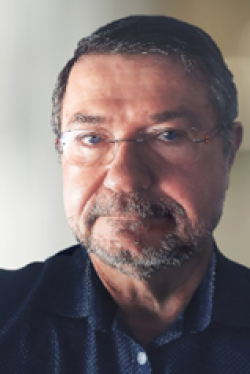
 Abstract Biography |
|
Session 2: Decoupling Strategy - Moving Towards An Optimized And More Robust Supply Chain |
|
| 10:15 | Opening remarks by Session Chair, Joerg Recklies, Senior VP, Infineon |
| 10:20 | Electrification for EV, Ralph Bornefeld, BOSCH |
| 10:40 | Takeaways: How does this translate into management and behavior towards suppliers - Bosch on supply chain decoupling from OEM perspective |
| 11:00 | Navigating through global developments affecting the supply chain management |
Dan Hutcheson, Vice Chair, TechInsights Inc.

Biography |
|
| 11:10 | Panel Discussion – Navigating through global developments affecting the supply chain management |
Alexander Kohnen, CEO, time:matters GmbH Panel Discussion – Navigating through global developments affecting the supply chain management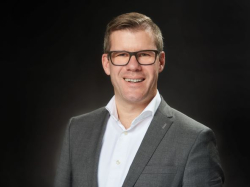
 Abstract Biography |
|
| 11:20 |
Panel discussionNavigating through global developments affecting the supply chain management |
| Panelists |
|
| 11:50 |
Session 3: Poster Session |
| 11:50 | Opening remarks by Klaus Schimpf, Texas Instruments |
How to simplify engineers’ life in complex Semiconductor Manufacturing. About democratization of information and its usage in production scheduling and root cause analysis. |
|
Philipp Roßbach, SYSTEMA How to simplify engineers’ life in complex Semiconductor Manufacturing. About democratization of information and its usage in production scheduling and root cause analysis.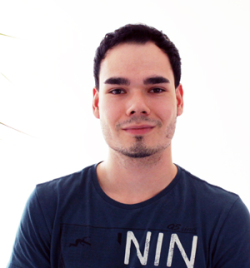
 Abstract Biography |
|
LineLab, an Analytical Tool for Modeling Semiconductor Manufacturing Systems |
|
Larissa Nietner, Cofounder, LineLab LineLab, an Analytical Tool for Modeling Semiconductor Manufacturing Systems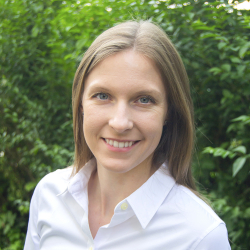
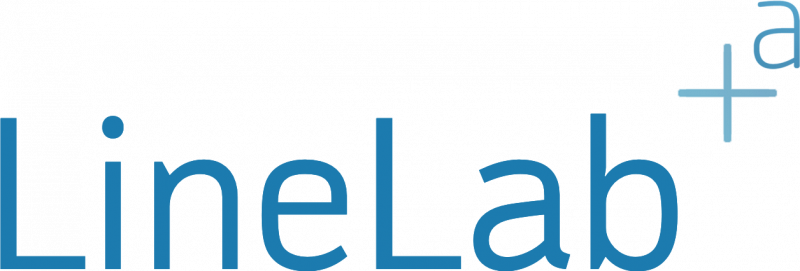 Abstract Biography |
|
Machine Learning for Automated Image Classification in Yield Enhancement |
|
Vipin Koshy Thomas, Intern, Texas Instruments Machine Learning for Automated Image Classification in Yield Enhancement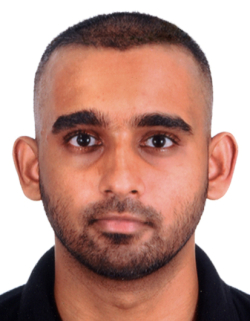
 Abstract Biography |
|
Jailhouse: Mixed Criticality Systems for Semicondutor Manufacturing |
|
Ralf Ramsauer, Head of Research Group, Technical University of Applied Sciences Regensburg Jailhouse: Mixed Criticality Systems for Semicondutor ManufacturingAbstract Biography |
|
Session 4: Strategies For Overcoming The Next Big Shortage And Overview Of New Technological Advancements In Skills And Training |
|